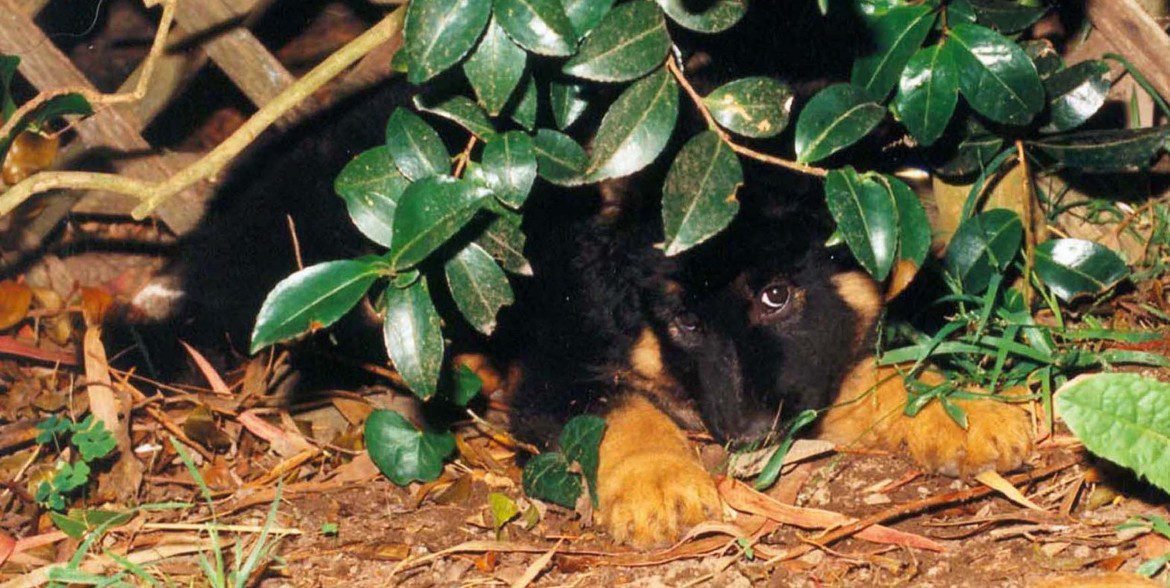For those who have been blessed with an addition of a new 4-legged member to the family – here’s a few pointers to help towards making it a long, happy & rewarding relationship.
FEEDING – Rather than upset your new pups tummy, it may be necessary to initially feed what it has been used to, then gradually change over to the diet you would like the pup on. A varied diet is advisable to ensure your pup is receiving all its nutritional requirements – raw minced meat and veggies along with a good nutritional supplement (see ‘Hair of the Dog’) are highly recommended. And don’t forget to start your pup early on raw bones too, such as chickens necks.
Very young pups will need 4 meals a day. At 12 weeks of age this can be reduced to 3, then at 6 months down to 2 meals. Fresh water should always be available – but remember to check regularly, especially in hot weather as youngsters will often view their water bowl as a toy ready to spill!
HOUSING – Your new pup needs a place to call their own. Whether it be a rug, basket or box, somewhere to go that’s safe and quiet. Eat, play, sleep – it’s a pups’ life! Draft-free with soft & washable bedding to keep your pup warm, snug & flea free.
GROOMING – It’s advisable to get your pup accustomed to being handled early and grooming is a great way to do this. A soft brush, lightly stroked not only helps get their coat clean, but also stimulates blood flow. Check ears, nails, teeth and eyes for any irregularities at the same time.
TOILET TRAINING – House training should begin as soon as your new pup comes home. Decide on a toilet area – either paper on the floor or outside. Take the pup there after eating or playing, when it wakes or if it looks as if it wants to go. Praise the pup when it does the right thing. And try not to be too harsh if an accident occurs, as this only confuses the pup unless it is actually caught in the act!
EXERCISE & PLAY – Pups not only need regular exercise, but also lots of play time to prevent boredom. Ensure you take them for a short walk at least once a day and set aside time to play with your dog every day. This not only helps bond the two of you, but also reinforces social and training skills.
SOCIALISING & TRAINING – It is very important to socialise a new pup, not only within the family and to other pets, but also to neighbours, friends (and their animals too). Early training is vital to ensure a well adjusted and obedient pet. Begin by teaching your pup simple commands – like, “no”, “sit”, “stay” and “come”. Call them by their name often. Get them used to wearing a collar and walking quietly on lead.
Be consistent, be patient. Often an older dog in the family will help with this. Always reward your pup with praise. Don’t forget to check around your area for Puppy pre-school & Dog Schools – you’re vet should be able to help with this.

